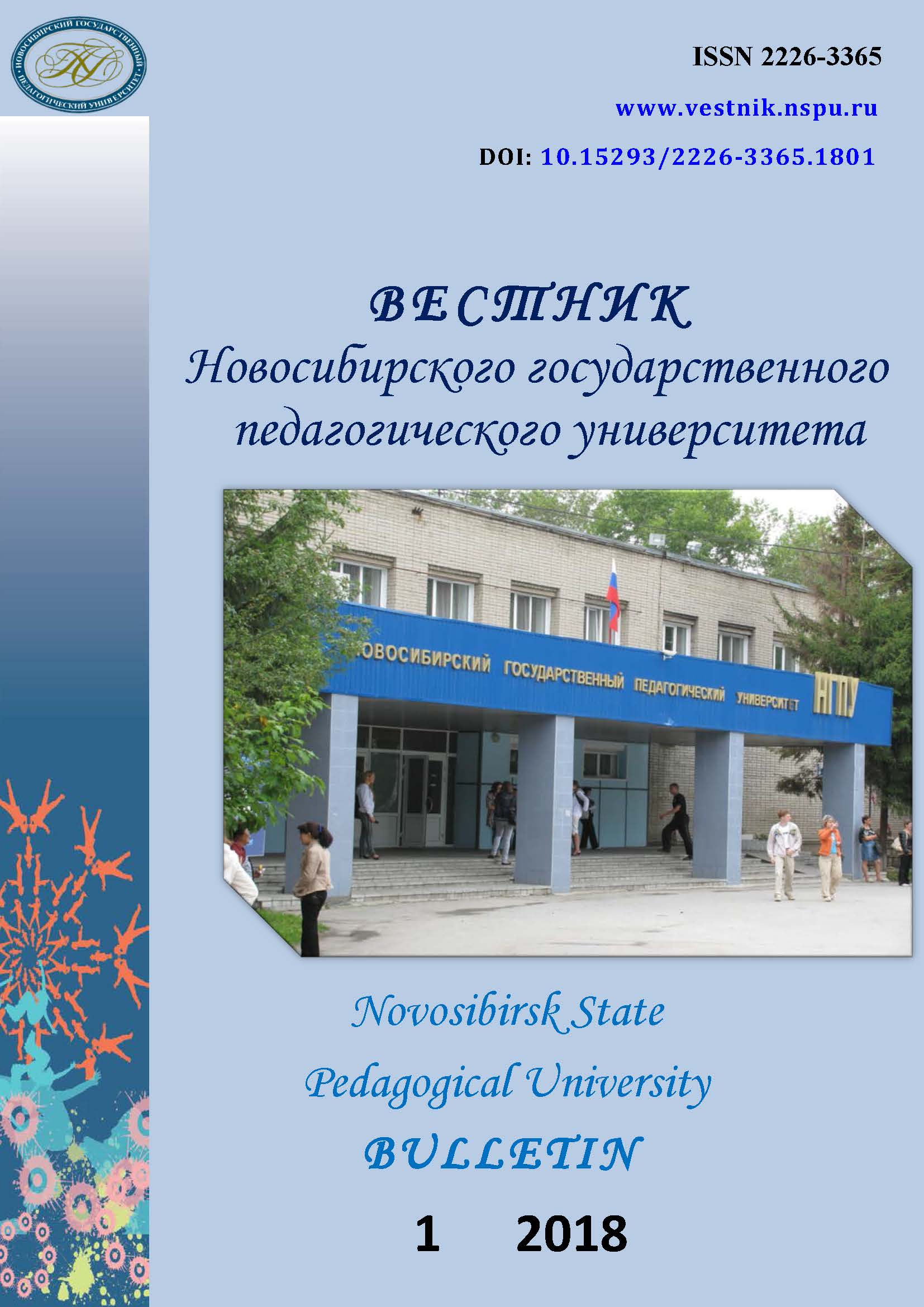Успешность обучения детей 1–8 классов, рожденных у матерей с анемией беременности
Learning achievements of schoolchildren in grades 1-8 born to mothers with anemia complicating pregnancy
Author(s): Svetlana Ivanovna Trukhina, Andrey Nikolaevich Trukhin, Viktor Ivanovich Tsirkin, Elena Gennadyevna Shushkanova, Svetlana Vyacheslavovna KhlybovaSubject(s): School education, Health and medicine and law
Published by: Новосибирский государственный педагогический университет
Keywords: Anemia of pregnant women; Chronic fetal hypoxia; Complications of pregnancy; Condition of the newborn; Pupils; Sex differences; Success of training;
Summary/Abstract: Introduction. The article studies how learning achievement of schoolchildren are influenced by characteristics of their intrauterine development period. The purpose of the article is to investigate learning achievements of schoolchildren born to mothers whose pregnancy was complicated by mild anemia (taking into account their gender). Materials and Methods. The authors conducted a retrospective research on perinatal development and learning achievements of 228 schoolchildren in 1-8 grades, including 113 children (62 girls and 51 boys), born to mothers with physiological pregnancy and childbirth (group 1) and 115 children (64 girls and 51 boys) born to mothers with mild anemia (group 2). Results. This is the first study reporting that the complicated prenatal period, mainly due to the maternal anemia of a mild degree (hemoglobin content in the blood is 90–105 g/l, the number of erythrocytes is 3,2–3,6×1012/l), has long-term negative consequences on offspring, which is manifested in a decrease in intellectual potential, especially in boys. This is evidenced by a lower learning achievement rate in schoolgirls (grades 1-3) and schoolboys (grades 1-8). Having analyzed scientific literature, the authors concluded that the main cause leading to negative effect of complicated prenatal period is brain hypoxia, which disrupts the normal development of neocortex neurons in prenatal and postnatal periods. The ability of estrogens to prevent negative effects of hypoxia indicates the possibility of pharmacological and non-pharmacological (psychological and pedagogical) correction of developmental disorders of the neocortex. Conclusions. Anemia of pregnant women has a negative impact on the intellectual development of children (especially boys), which requires the development of methods for preventing developmental disorders of the neocortex and correcting teaching and methods and nurturing parenting techniques.
Journal: Вестник Новосибирского государственного педагогического университета
- Issue Year: 8/2018
- Issue No: 1
- Page Range: 190-204
- Page Count: 15
- Language: Russian

